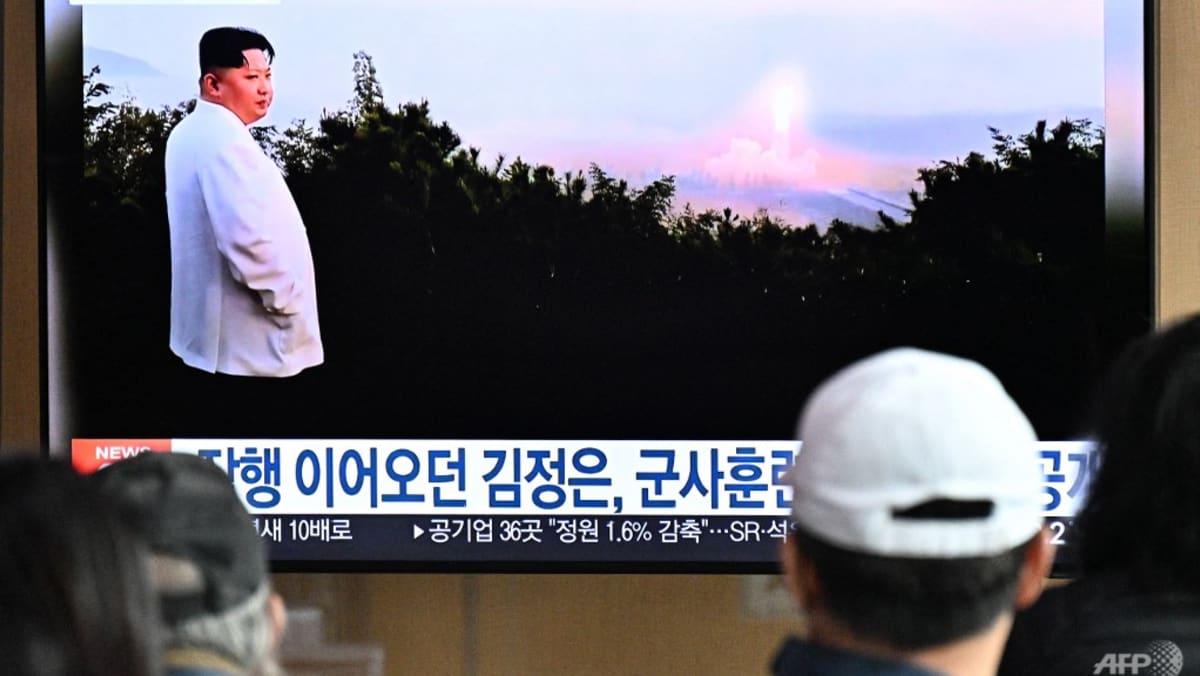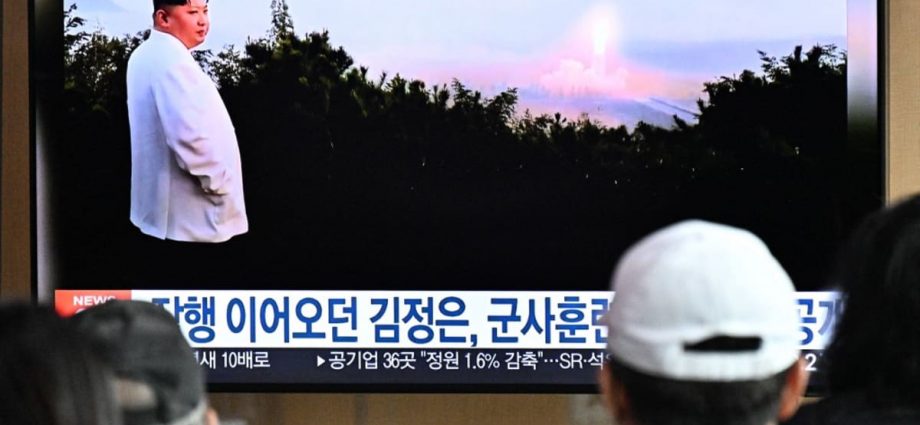
South Korean public support for indigenous nuclearisation has been steady, and growing, for more than a decade. This has opened policy space for nuclearisation advocates to make the case for nukes at the elite level.
A persistent Track II discourse among nongovernmental national security analysts will, in turn, pressure a formal, Track I response. Already in 2017, the then-leader of the main opposition party publicly suggested South Korea needed nuclear weapons.
CHINESE AND NORTH KOREAN PRESSURE FORCING MORE RADICAL CONSIDERATIONS
Polling regularly returns support for this option for the reasons one would expect – China and North Korea.
China is a large, powerful state on Seoul’s doorstep. It has increasingly tried to bully South Korea, regarding, for example, missile defence or Chinese travellers during the pandemic.
And North Korea, obviously, is an ongoing, arguably existential threat. It is an opaque nuclear weapons state that routinely threatens South Korea and rejects even the most basic arms control regarding its warheads and missiles.
It has fired a flurry of seven missile launches in just over two weeks, with one that flew over Japan in blatant disregard for Japanese sovereignty.
On Monday (Oct 10), North Korean state media said that the exercises involved ballistic missiles with mock nuclear warheads, and were meant to deliver a strong message of war deterrence.
“Even though the enemy continues to talk about dialogue and negotiations, we do not have anything to talk about nor do we feel the need to do so,” KCNA quoted North Korean President Kim Jong Un as saying.

